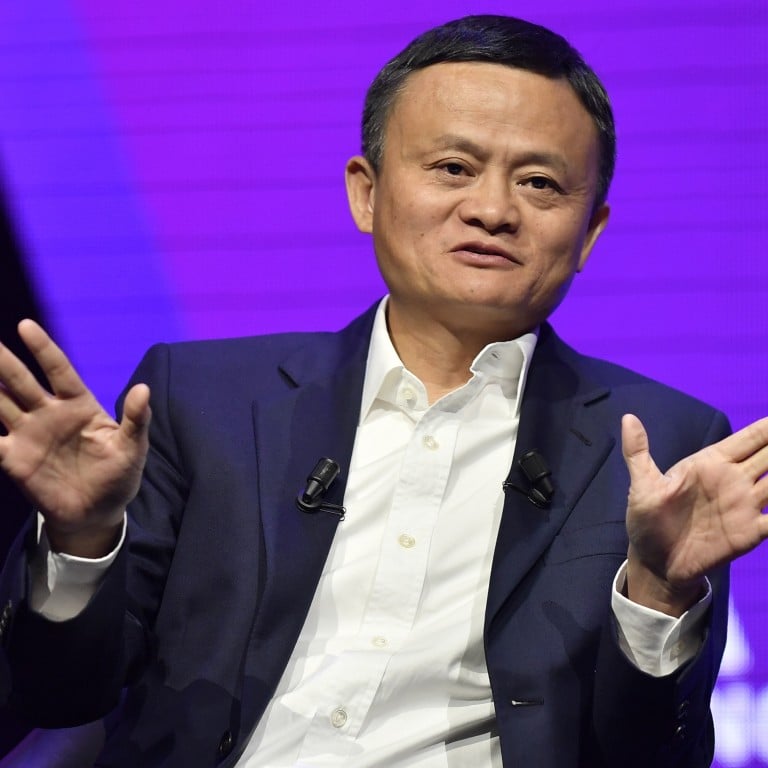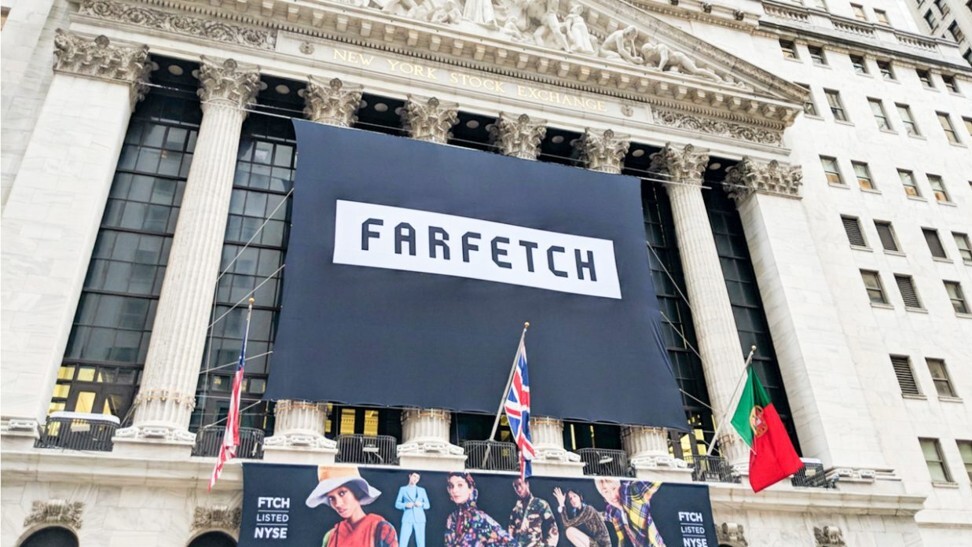Opinion / Farfetch’s Tmall channels – following Alibaba and Richemont’s US$1 billion investment – show Britain’s flagship luxury e-commerce platform wooing Chinese consumers

In news that offered something for fashionistas and financial geeks alike, Chinese e-commerce giant Alibaba (owner of the South China Morning Post), luxury house Richemont, and Kering’s holding company, Artemis, have made a combined US$1.15 billion investment in online retailer, Farfetch. The deal will see the luxury digital marketplace for fashion launch a number of channels on Tmall, Alibaba’s main retail site. In the wake of these rumours, shares of the London-based company jumped by roughly 16 per cent to US$32.59.
“This announcement is a major step in our mission to connect the curators, creators and consumers of the luxury fashion industry,” said José Neves, Farfetch chairman and CEO, quoted on Alizila.com.

Alibaba has more than 800 million monthly active users on its mobile retail platforms and has raised its global luxury profile in recent years, particularly via its Tmall Luxury Pavilion platform. Now three years old, Luxury Pavilion has signed up some of the industry’s most desirable houses, convincing them that e-commerce in China is safe and credible. Richemont itself launched a joint venue on Tmall in 2019 that featured 130 brands.
Given Farfetch’s unique combination of fashion, culture and innovative localisation, this latest move by Alibaba is sure to further cement Tmall’s luxury credentials. Moreover, the move comes at a time when most Chinese consumers are stuck at home and are repatriating their spending. It might ruffle some feathers at JD.com – Alibaba’s biggest rival that also owns shares in Farfetch – but this is a win-win for both parties. It also underlines the fact that China plays a pivotal role for brands trying to stay afloat during Covid-19.
Want more stories like this? Sign up here. Follow STYLE on Facebook, Instagram, YouTube and Twitter .
This article originally appeared on Jing Daily.

Alibaba and Richemont made a billion-dollar bet on the trendy London-based luxury fashion e-tailer, that now pivots further towards China following a post-Covid-19 worldwide luxury slump and Angelababy-driven rebrand